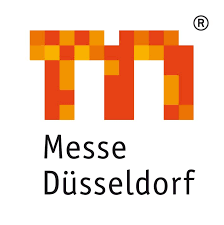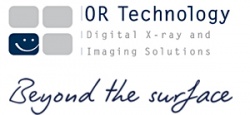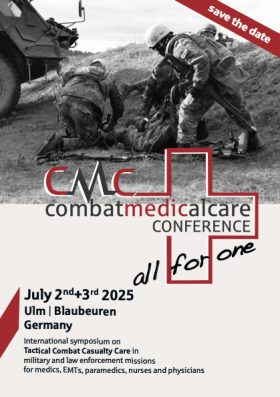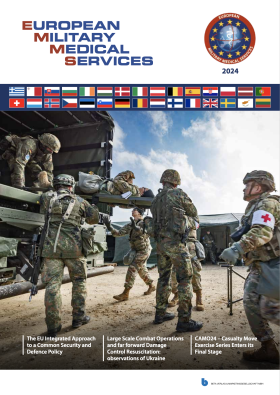
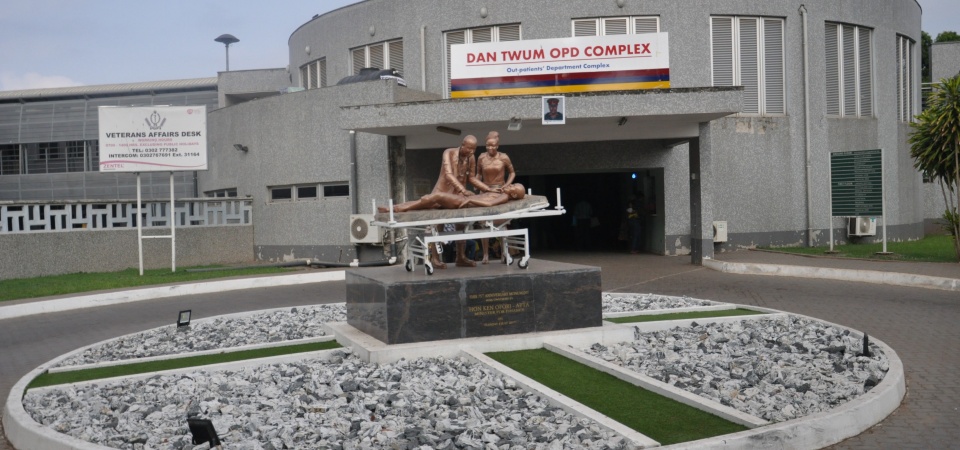
Article
THE ROAD TO ACCREDITATION (Part 1 / 4)
LESSONS LEARNT FROM THE FIRST PUBLIC SECTOR ISO 15189 ACCREDITED LABORATORY IN GHANA.
INTRODUCTION
Medical laboratories are an essential component in the diagnosis, treatment and management of patients, making reliable laboratory services key to any efficient health delivery system1. It is therefore quite unfortunate to observe that in most parts of Africa, medical laboratory test results are generally distrusted for their accuracy and reliability. The reliability of laboratory test results is so much doubted that most clinicians would rather utilize clinical indications of a disease and ignore laboratory test results when they are contradictory to their clinical impressions. This situation though observed in the private sector is often perceived to be worse in public sector laboratories with Ghana being no exception. Whereas an estimated 94% of all patients’ treatment and diagnosis are based on laboratory data in the United States, less than 50% of tests such as malaria diagnosis are actually due to laboratory diagnosis in Africa2; a clear indication by far of how laboratories in Africa are by comparison, undervalued, underused and limited in capacity3.
The accreditation of any medical laboratory to an acceptable standard such as ISO 15189 has the considerable potential to improve the quality of healthcare for patients through the reduction of testing errors and attendant decreases in inappropriate treatment. ISO 15189 further ensures these by assessing the competence of the Quality Management System (QMS) within the laboratory, providing a framework for increased analytical quality4 and verifying that the laboratory is not deviating from quality and competence standards. While meeting these standards, users of the laboratory services, including laboratory personnel, can be more confident of the accuracy and reliability of laboratory outputs. Laboratory accreditation is therefore emerging as a preferred framework for building quality medical laboratory systems in resource-limited settings4.
It is estimated that out of 380 laboratories accredited to international standards in sub-Saharan Africa, 91% are in South Africa with 39 out of 49 countries having no laboratory accredited to any international quality standard5. In Ghana, there are an estimated 500 medical laboratories across the entire tier of healthcare service delivery in the public sector and yet not one of these is accredited to any standard, local or international5. Several international conventions have called for accreditation to be a significant part of efforts at strengthening laboratory services in resource limited countries by recognizing the significant impact of accreditation on the level of quality output6. These notwithstanding several laboratories are not accredited to date, largely due to inadequate or unavailable resources and non-prioritization7.
In Ghana, although the majority of laboratory testing is done in public sector laboratories, no laboratory in the public sector has previously or until recently been accredited to any national or international standard5,8. The only two accredited laboratories in Ghana are private enterprises. In fact, in sub-Saharan Africa, only two public laboratories have been accredited previously to international standards: one each in Namibia and Botswana. There is no other public sector accredited laboratory in the rest of sub-Saharan Africa5,9.
After successful SLMTA (Strengthening Laboratory Management towards Accreditation) implementation in Ghana for 3 cohorts of a total of 15 laboratories from 2011 to 2014, three out of four laboratories that underwent official African Society for Laboratory Medicine (ASLM) assessment in 2013 were awarded four stars8. However, none of these facilities moved on to ISO accreditation. The Pathology Division, one of the laboratories in the last cohort of SLMTA implementation aimed at setting the pace and providing evidence of how public sector laboratories can meet the requirements of ISO 15189 under resource limited conditions.
Until recently the thought of a public sector laboratory meeting the requirement of ISO 15189 and receiving accreditation was severely met with mixed feelings in Ghana. This article describes the experience of Pathology Division of the 37 Military Hospital in attaining international accreditation, along with the challenges and lessons learnt. It also shows how management commitment, mentorship and team formation were instrumental in the completion of this process.
PLEASE NOTE, the next part will be released on the 23rd of March 2018.
Authors: Dr. (Col) Seth Attoh1, Mr Raymond D. Fatchu1, Mr I.T. Kodjoe1, Lt Col Richardson B Owusu1, Maj Cynthia Boateng1, Capt Alhassan M Yakubu1, Maj LX Adusu-Donkor1, Maj Joseph Boafo1, Mrs Patience N Matey1, Ms Sarah Kwao1, Mr John Ani-Amponsah1, Lt Cdr (Dr) Emmanuel Sarkodie1, Maj Kwasi Boaheng1, Flt/Lt Mary McAddy1, Capt Richmond Kyei1, Maj Monica Asante Addo1, Mr Anthony Mason1, Mr Joseph Addy1, Maj Kingsley Ackah1, Maj Anita Adjabu1, Lt Col (Dr) Fred Hobenu, Sgt Godwin Dutsyo1, Mr Godwin Nyarko1, Capt Nana Yaa F Snyper1, Capt Adu Ahenkan Poku1, Capt Christina Banamwin1, Prof Andrew Adjei2, Dr Amma Benneh-Akwasi Kuma2, Richard Asmah3, Marian Kpakpah3
Author’s affiliations: 1Pathology Division-Laboratory 37 Military Hospital, Accra-Ghana, 2College of Health Sciences University of Ghana, 3School of Allied Health Sciences- College of Health Sciences University of Ghana
Date: 03/21/2018
